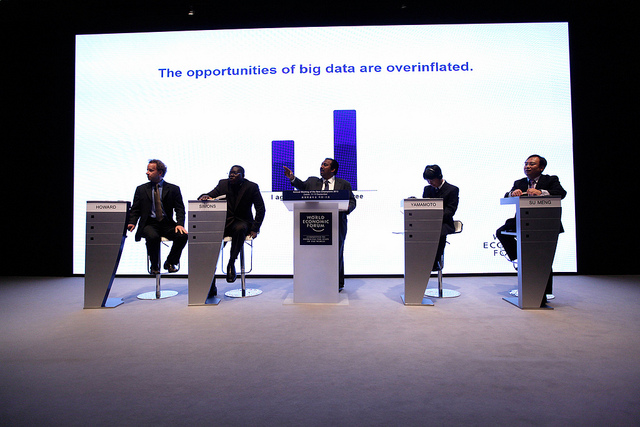Researchers warn against the rise of “big data hubris”
Ars Technica » Scientific Method 2014-03-13

Over the past few decades, researchers in a variety of fields have had to come to grips with analyzing massive data sets. These can be generated intentionally, through things like astronomy surveys and genome sequencing, or they can be generated incidentally—through things like cell phone records or game logs.
The developments of algorithms that successfully pull information from these masses of data has led some of the more enthusiastic proponents of big data to argue that it will completely change the way science is done (one even argued that big data made the scientific method obsolete). In today's issue of Science, however, a group of scientists throw a bit of cold water on the big-data hype, in part by noting that one of the publicly prominent examples of massive data analysis, Google Flu Trends, isn't actually very good.
Not so trendy
Their analysis builds on an earlier report from Nature News that highlights a few clear failures of Google Flu Trends. The service is meant to give real-time information on seasonal flu outbreaks by tracking a series of search terms that tend to be used by people who are currently suffering from the flu. This should provide a bit of lead time over the methods used in the US and abroad, which aggregate monitoring data from a large number of healthcare facilities. Those are considered the definitive measurements, but the testing and data aggregation take time, while Flu Trends can be updated in near real time.
Read 11 remaining paragraphs | Comments